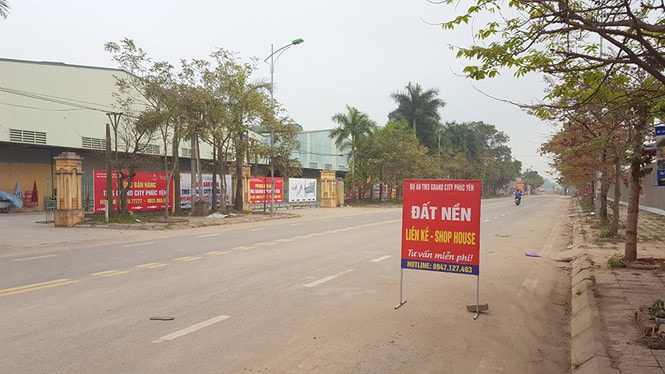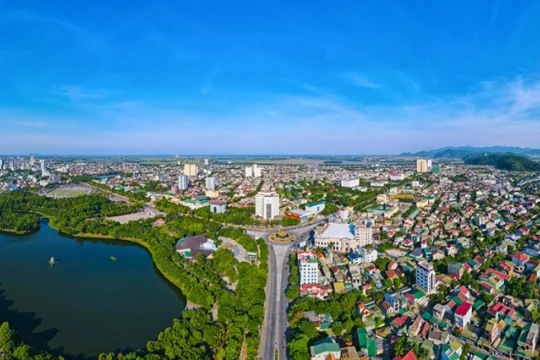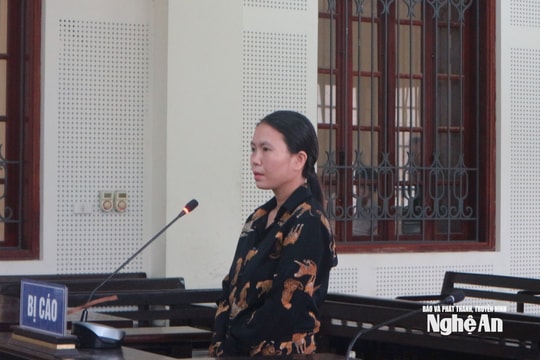The Ministry of Construction warns that land fever may still occur in some localities.
In the report on the implementation of tasks in the first 6 months of 2018, the Ministry of Construction said that the land fever has now subsided, but in the coming time, land fever may still occur in some localities.
 |
| According to the Ministry of Construction, the recent land fever is caused by the management agency not doing a good job of communication. |
The Ministry of Construction said that recently there has been a localized land fever, with abnormally high prices in some areas on the outskirts of Ho Chi Minh City, Long Thanh district (Dong Nai province), especially in Van Don (Quang Ninh), Phu Quoc (Kien Giang) and Bac Van Phong (Khanh Hoa).
The main reason, according to the Ministry of Construction, is that some individuals are taking advantage of the policy of establishing special economic zones and investing in some large transportation projects (such as Long Thanh airport, Ho Chi Minh City metro lines, highways...) to spread false information, inflate prices, and speculate...
Meanwhile, management agencies have not done a good job of communicating and publicizing information about planning, policies and progress of large investment projects; and controlling land transfers is not tight.
The land fever has now passed and many investors are still holding land but have not been able to sell it. However, land fever can still occur in some localities.
Also according to the report of the Ministry of Construction, in the first 6 months of 2018, the real estate market nationwide was basically stable, with abundant and rich supply.
Specifically, in the first 6 months of 2018, according to reports from a number of investors and real estate trading floors, in Hanoi there were approximately more than 8,600 successful transactions, an increase of 24.6% over the same period in 2017. Meanwhile, in Ho Chi Minh City there were approximately more than 9,500 successful transactions, an increase of 31.4% over the same period in 2017.
Regarding real estate prices, in Hanoi, apartment prices tended to increase slightly (about 0.08%) compared to the first quarter of 2018, the increase rate was not equal to the same period in 2017. Individual housing prices increased by about 1.84% compared to the first quarter of 2018, a faster increase than the same period in 2017.
In Ho Chi Minh City, apartment prices increased slightly (about 1.4%) compared to the first quarter of 2018. This is a faster increase than the same period in 2017. Individual houses increased by 3.24% compared to the first quarter of 2018, such an increase is much faster than the same period in 2017.
Real estate inventory continues to decrease. As of June 20, the total value of real estate inventory is about more than 24,000 billion VND, compared to the peak in the first quarter of 2013, it has decreased by more than 104,000 billion VND (down 81.27%) and compared to December 20, 2017, it has decreased by more than 1,300 billion VND (down 5.16%).
Citing information from the State Bank, the Ministry of Construction said that the total outstanding credit balance for real estate investment and business as of the first quarter of 2018 was more than VND473,000 billion.
The tourism and resort real estate market in some coastal localities such as Da Nang, Nha Trang (Khanh Hoa), Phu Quoc (Kien Giang) and the office apartment market in Hanoi and Ho Chi Minh City continue to attract the attention of domestic and foreign investors.
However, in the first months of 2018, this market tended to stagnate due to high supply and lack of legal regulations.
Regarding the real estate bubble, the Ministry of Construction said that the real estate market will decline every 10 years, but depending on each country and the management of the Government of each country, the market will have different developments.
In the immediate future, the Ministry of Construction will make short-term forecasts for 2018-2021, long-term forecasts until 2025, and specific forecasts to help the Government manage the market and avoid sudden shocks to the real estate market.








